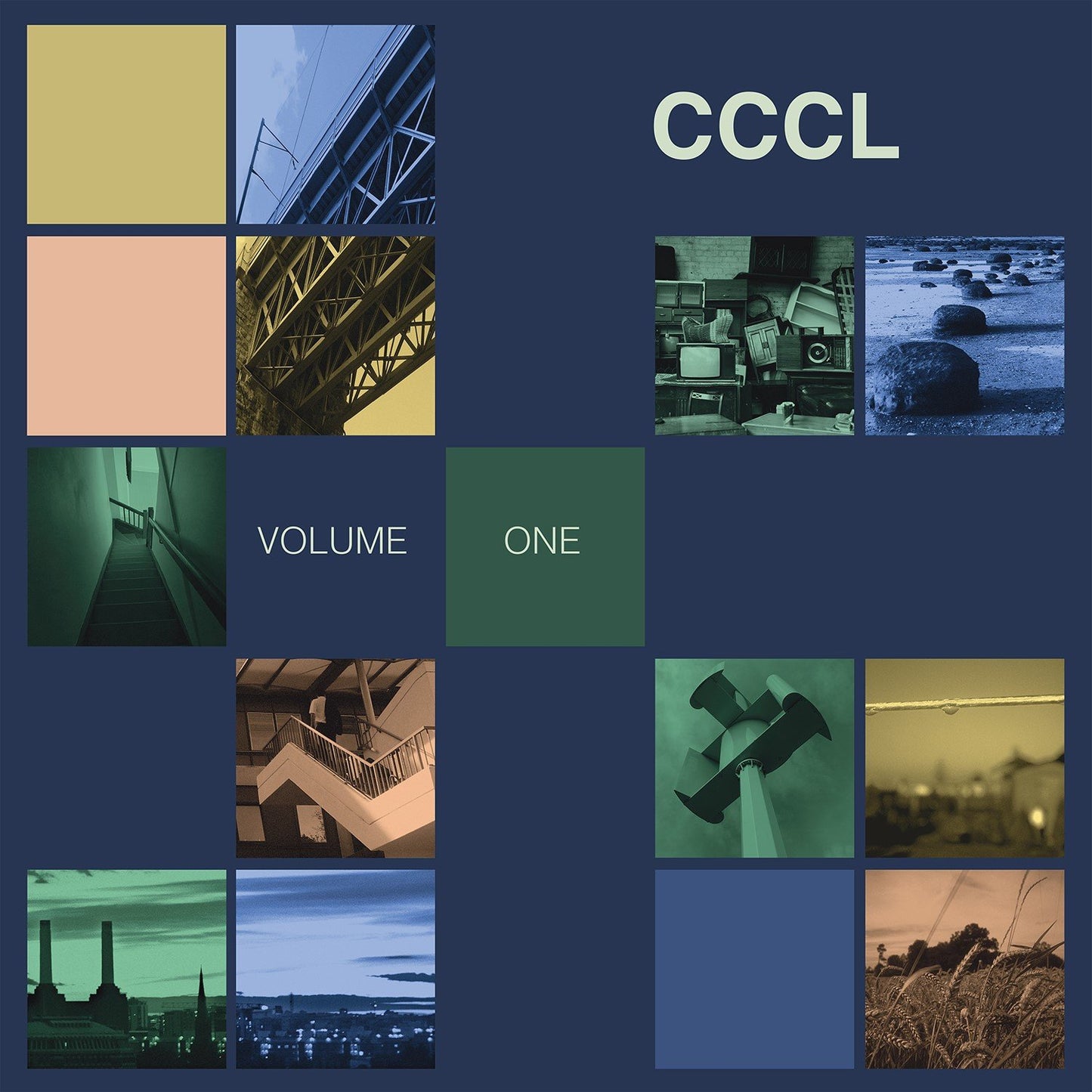Chris Carter - Chemistry Lessons Volume 1
Chris Carter - Chemistry Lessons Volume 1
Couldn't load pickup availability
Seventeen years on from his last solo release, the twenty-five tracks collected on Chris Carter’s Chemistry Lessons Volume One (CCCL Volume 1) were the product of six years spent working on solo material in the Norfolk home studio he shares with Cosey Fanni Tutti. CCCL Volume 1 reinforces Carter’s significant but often under-appreciated role in the development of electronic music - a journey that for Carter started ahead of his work with Throbbing Gristle (alongside Cosey, Peter ‘Sleazy’ Christopherson and Genesis Breyer P-Orridge), and continued through Chris & Cosey, Carter Tutti, Carter Tutti Void as well as his own solo and collaborative releases under his own name.
Here you will find music with a distinctly futuristic leaning, with insistent melodic patterns and a distinct sense of wonderment at the limitless possibilities of science. “If there’s an influence on the album, it’s definitely ‘60s radiophonic,” Carter agrees. “Over the last few years I’ve also been listening to old English folk music, almost like a guilty pleasure, and so some of tracks on the album hark back to an almost ingrained DNA we have for those kinds of melodies. They’re not dissimilar to nursery rhymes in some ways.”
That combination of traditional music and the backing track for exciting, potential futures gives tracks like ‘Moon Two’ and ‘Tangerines’ a sheen of inquisitiveness and quiet euphoria, while ‘Modularity’ and ‘Roane’ have an anxious, sci-fi noir charm. Elsewhere, the skewed voices of the meditative ‘Cernubicua’ add a calming, human note to the album, even if deciphering any specific lyrical content is largely impossible. “That's completely intentional,” says Carter. “Sleazy and I had worked together on ways of developing a sort of artificial singing using software and hardware. This was me trying to take it a step further. I've taken lyrics, my own voice or people's voices from a collection that I'd put together with Sleazy, and I’ve chopped them up and done all sorts of weird things with them.”
Carter began the foundation work for what became CCCL Volume 1 in the years before Sleazy passed away in 2010, and the death of Carter’s fellow TG journeyman had a profound effect on the development of the album. “I’d been accumulating a lot of material, just tracks and elements of tracks, and I was going to start putting it together just before Sleazy died,” he says. “That’s what completely threw me, and that’s partly why it’s taken so long, because of dealing with the shock of that.” Carter describes going through a long grieving process which manifested itself in some of the darker, more introspective tracks appearing on the album.
These moments sit alongside tracks where melodies have a dissonant, noisy, awkwardness that ties the music on CCCL Volume 1 back to the Throbbing Gristle legacy. “I think that’s because I don’t read music,” laughs Carter. “I have no musical skills at all, and so everything I do is done by ear. I can’t even play keyboards properly. I have to have the letters written on the keys because I’m musically dyslexic. I think maybe that helps in a way. It means I use chords or notes that don’t always, or shouldn’t always, go together. It gives my music a weird offset.” This approach yields results like ‘Uysring’, where sounds flutter ominously around a nagging, muted beat like a faltering electrical current, or ‘Post Industrial’, where mechanistic rhythms vie for attention with murky, noxious sounds and heavy, stuttering repeated half-melodies 
Underpinning all of Carter’s endeavours from the pivotal industrial gestures of Throbbing Gristle onwards is an attitude best described as ’if you don’t own it, make it’. From the legendary Gristleizer home-soldered effects unit through to the Dirty Carter Experimental Sound Generating Instrument and the sold-out TG One Eurorack module designed with Tiptop Audio (issued to commemorate the fortieth anniversary of Throbbing Gristle’s Second Annual Report), Carter has never shied away from creating the means to make sounds as well as making the sounds themselves. “It’s about making the best of what you've got,” says Carter. “I think that makes you more productive. When there's a limit on what you've got, you tend to get the best out of it. You push it as much as you can, and you find unique ways of using it that it wasn't designed for.”
That self-sufficient discipline also saw Carter designing the visual presentation to accompany CCCL Volume 1, taking his cues from battered old experimental BBC broadcast LPs that can be found in the racks of charity shops across the land, and echoing the interest in the music that partly inspired the design of these tracks. “It’s just something Cosey and I have always done,” says Carter on this utilitarianism. “People have been getting in touch with us asking if they can do sleeve designs and videos for us for years, but it’s just something we’ve always done ourselves. We’ve always kept it in-house. We’re like a cottage industry, and we always have been. It’s just something that’s part of our process. If we’re going to put something out, we always have a vision of how we want it to be, and how it should be presented to people.”
Despite having been worked on over an extended period between various artistic projects in a variety of different moods, situations and circumstances, CCCL Volume 1’s experiments never feel like Carter noodling around aimlessly in his studio-laboratory. Instead there is an inner coherence and a distinctively Chris Carter approach to sound and execution. It’s an endeavour that places CCCL Volume 1 comfortably alongside everything else that this sonic scientist has been involved in, and yet one that showcases a restless, questing creative spirit forever scouting for new ideas.


